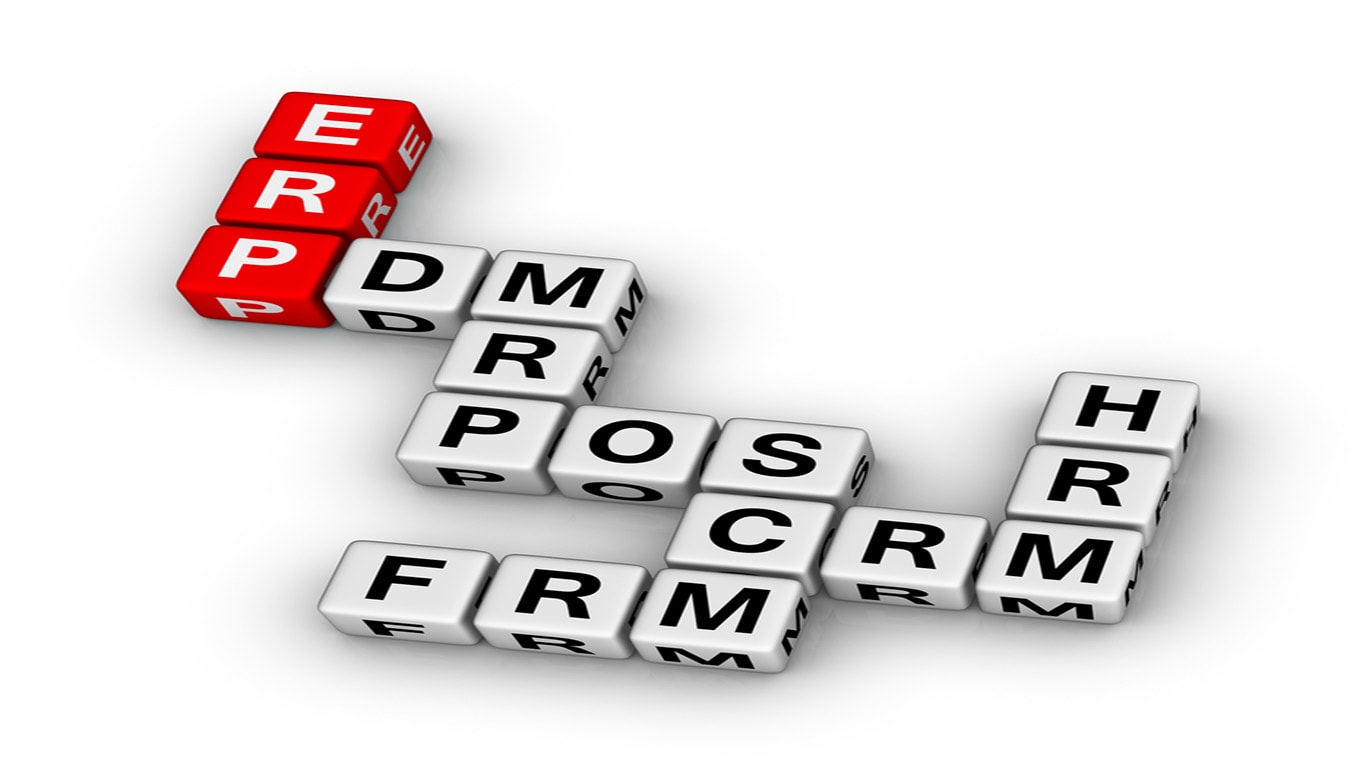Prime efficacy is in the PLM cloud
To prosper in an exceptionally competitive market, food and beverage manufacturers must manage their resources carefully – and resource management begins and ends with data. Organizations that work with stale, incomplete or inaccurate data may experience less than stellar calculations, simulations, compliance and formula processes.
Recent reports from reputable research organizations indicate that more than 70 percent of manufacturers currently employ cloud-based solutions. While the broader based industrial community has incorporated cloud adoption, the formula-based food and beverage manufacturing industry has been a bit slower to embrace this IT trend.
In the U.S., manufacturers who have adopted cloud-based product lifecycle management solutions have surged ahead of competitors by employing their data as a strategic asset. While cloud PLM certainly delivers accelerated time to market for new products, its greatest strength lies in innovation.
My experience has been that F&B producers who employ cloud-based PLM process solutions that are designed specifically for their industry have a much smoother transition, achieve rapid results and sustainable growth and success.
Decision makers – from CEOs to project managers, across geographies, from businesses generating less than to more than $1Billion were surveyed by a professional, independent PLM consultancy firm in January 2018. The general consensus was that cloud-based solutions were slower than other enterprise domains – but the expert research clearly illustrated that this is entirely untrue.
In fact, the adoption and implementation of cloud-based product lifecycle and product data management reduces implementation and operations complexity, causes less adoption disruptions to operations and requires far less start-up costs.
The right solution at the right time
Adopting innovative cloud-based PLM is a game-changer – but it must begin with the awareness and understanding that there are definitive solutions to address the challenges that formula-based F&B manufacturers face.
The first step is gathering information and educating your shareholders, IT organizers, R&D, QM, food engineers, administrators, and technology groups within your organization. Quite often, the c-suite easily understands the benefits in the investigative stage of adoption, because of the holistic, rapid return on investment.
PLM cloud provides flexibility – companies can scale up or down at will, using only the resources that they need for each particular product or project. Also, once deployed, the expense shifts from a capital expenditure to an operating expense.
Cloud-based PLM integrates seamless with existing systems. PLM plays nice with both ERP and MES, providing a unified, cohesive, streamlined solution process that adds value throughout the life of the product of project.
Analyzing the advantages of the cloud
Many manufacturers have resisted the implementation of on-premise PLM process solutions due to the investment – but cloud-based SpecPDM offers exceptional benefits for a fraction of the initial outlay of capital.
The payback is enormous – PLM has been proven to be the single most essential tool to increase revenue and ROI for food manufacturers. The reasons are simple:
· Accelerated time to market for new products beats competitors to the punch
· No scrapped, partial, lost, fragmented or untraceable documents mean saving time – and money
· Less staff time spent on data entry errors and updating BOM spreadsheets means more time for innovations and new product development
· Data is available to shareholders on demand – which reduces redundancy
· Increased product quality with transparency and traceability from idea to pantry shelf
PLM clouds are not created equally
First-mover advantage provides unique opportunities for small to mid-sized manufacturers to compete with larger, well-established brands – so employing PLM designed by a company that works exclusively with the food and beverage industry provides a huge advantage.
Integrating people, processes and information supports innovations and collaborative product creation – this business approach requires best practices and Industry 4.0 solutions. PLM that was initially designed for aerospace, electronic or automotive industries and is being repurposed for food producers may not scale or support rapid rollouts as well or as quickly as PLM designed for the F&B industry.
SpecPage customers who opt for cloud-based SpecPDM can immediately leverage the user-friendly, flexible environment to go live – pilot, organize and add data for a rapid, secure start.
Functionality is crucial for rapid scalability, faster implementation, accessibility and collaboration as well as supplier integration. SpecPDM in the cloud delivers growth potential and significant economic and operational advantages for food producers.
Project benefits and services
SpecPage cloud-based PLM was designed exclusively for F&B manufacturers; it doubles the efficiency for research and development and food engineers, leading to substantial revenue and ROI increases while reducing recalls and simplifying audits with automatic compliance checks.
Cloud PLM implements faster and better than other process solutions – it delivers a central repository of up to date product information and supports the efficient delivery of data to authorized shareholders.
· Captures data loads from ERP via standard interfaces and connects data from end-to-end
· Real-time calculation of nutrients, allergens, contaminants, and costs
· Clean labels as a single source of truth are delivered according to the requirements of the destination country, and in the appropriate languages
· GS1-GDSN integration is seamless
· Advanced Supplier’s Guide provides rapid access to essential specifications to reduce workload and increase data security
Successful manufacturers employ PLM to deliver coordination and communication when creating a comprehensive, seamless product lifecycle – developing and defining best practices, while optimizing and capitalizing on their intellectual assets.




